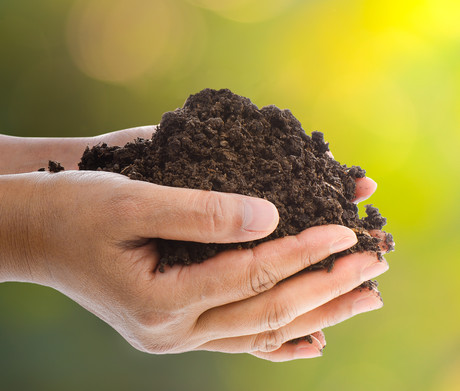New class of antibiotics found in soil

A whole new class of antibiotics, with the potential to treat superbugs, has been isolated from bacteria that live in soil. US researchers looked at the DNA from over 1000 soil samples to find the new drug, which fights bacteria differently to most other drugs. The new antibiotic was able to kill drug-resistant skin infections in animals, said the researchers.
This class, called malacidins, kills several multidrug-resistant, disease-causing bacteria — including the methicillin-resistant Staphylococcus aureus (MRSA) skin infection in rats.
New antibiotics are needed to combat the rise of antibiotic-resistant infections. As most licensed antibiotics were originally extracted from microorganisms, interest has focused on looking for new drugs in diverse environmental samples.
Sean Brady and colleagues sequenced bacterial DNA extracted from over a thousand soil samples taken from across the United States and discovered a set of genes that produce malacidins, a new family of antibiotics. Malacidins fight bacteria differently to most other drugs, by attacking a key part of the bacterial cell wall — a mechanism to which microorganisms did not develop resistance in the laboratory.
The authors also used a high-throughput sequencing-based screening method that bypasses the need to grow microorganisms first (as the vast majority of bacterial species cannot be cultured in the lab) and thus can be used to quickly mine new drug candidates from diverse environmental sources.
The discovery has been reported in Nature Microbiology.
$1bn vaccine and antivenom manufacturing facility opens
A $1 billion cell-based influenza vaccine and antivenom manufacturing facility has opened in...
National concussion clinical guidelines now available
The first Australia- and New Zealand-specific guidelines for all forms of concussion — from...
Doctors criticise "risky prescribing agenda"
The AMA and RACGP have expressed disappointment in the Pharmacy Board of Australia's...

![[New Zealand] Transform from Security Awareness to a Security Culture: A Vital Shift for SMB Healthcare — Webinar](https://d1v1e13ebw3o15.cloudfront.net/data/89856/wfmedia_thumb/..jpg)
![[Australia] Transform from Security Awareness to a Security Culture: A Vital Shift for SMB Healthcare — Webinar](https://d1v1e13ebw3o15.cloudfront.net/data/89855/wfmedia_thumb/..jpg)




